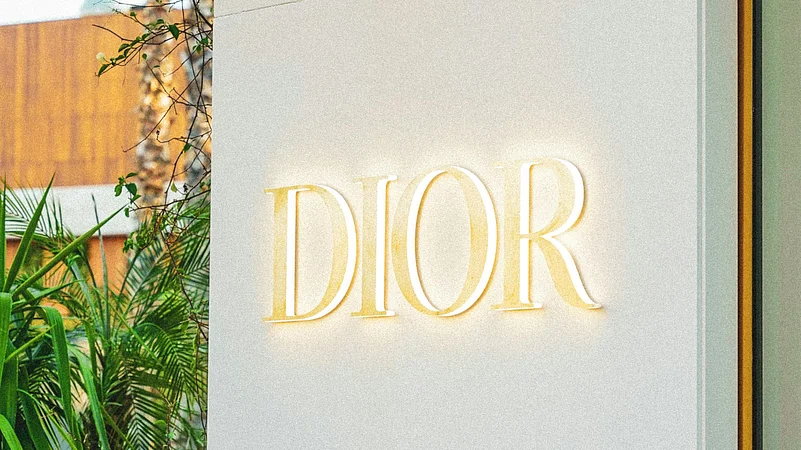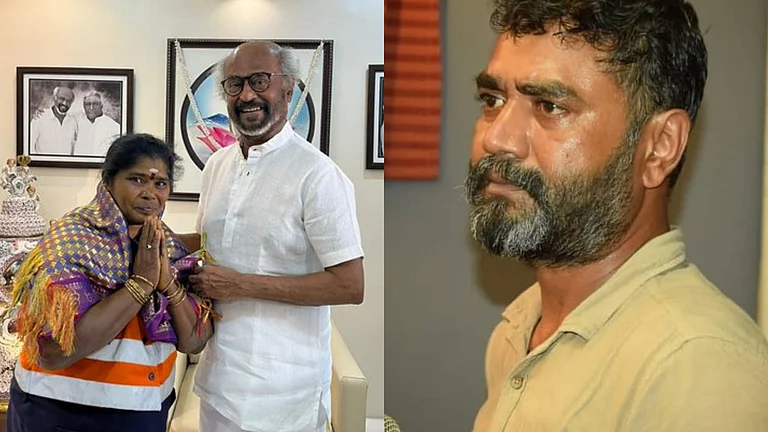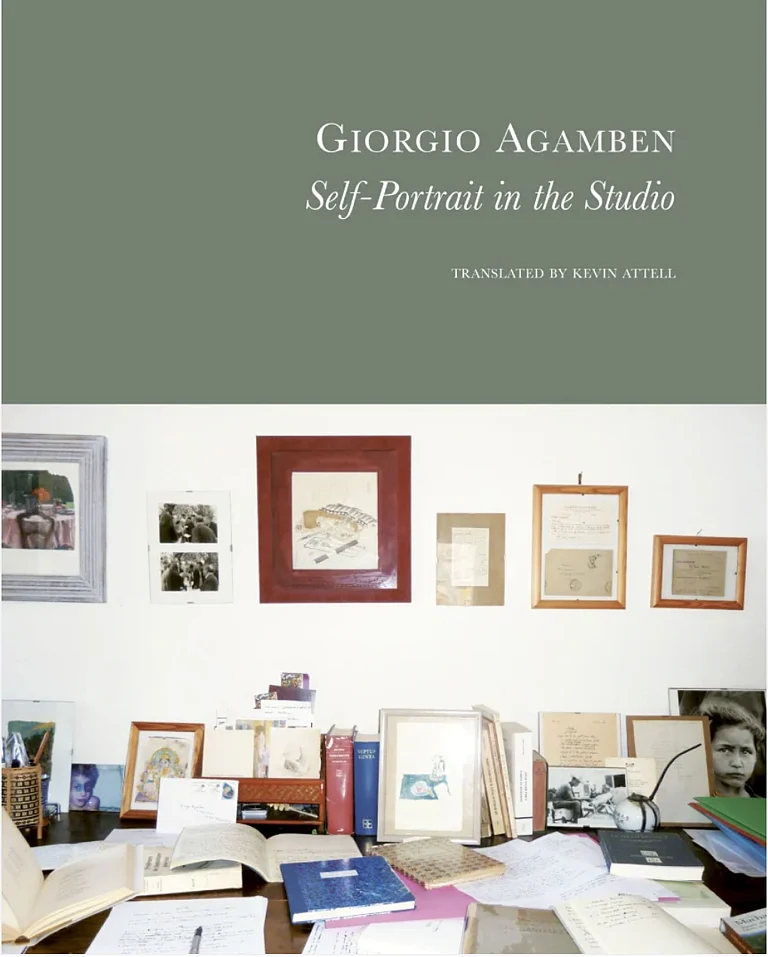Recent investigations have revealed that two of Italy's most prominent luxury fashion houses, Dior and Giorgio Armani, pay a surprisingly low amount to produce handbags that retail for thousands of dollars. This discovery comes as part of a sweeping investigation into the subcontractors used by these companies.
Dior under the spotlight
Italian prosecutors in Milan have been looking into LVMH subsidiary Dior's use of third-party suppliers over the past few months. According to Reuters, these companies were found to exploit workers, producing bags for a fraction of their retail price.
Documents examined by the authorities show that Dior paid a supplier only $57 to make bags that sell for about $2,780. These costs exclude raw materials such as leather. The prosecution noted that Dior did not implement "appropriate measures to check the actual working conditions or the technical capabilities of the contracting companies."
During investigations conducted in March and April, evidence surfaced that workers were sleeping at the production facility to keep up with round-the-clock manufacturing demands. Electricity consumption data also indicated that work was being done during nights and holidays.
The subcontractors in question were Chinese-owned firms, with most workers hailing from China. The investigation found that two workers were illegal immigrants, and seven others lacked the required documentation. Alarmingly, safety devices on machines were removed to speed up production.
Giorgio Armani also implicated
The investigation extended to Giorgio Armani's contractors as well. Like Dior, Armani was accused of failing to properly oversee its suppliers. Documents show that Armani paid contractors $99 per bag for products that sold for over $1,900 in stores.
In response to these findings, judges in Milan have placed units of both Dior and Armani under judicial administration for one year. This means they will be closely monitored but allowed to continue operations during this period.
The prosecution emphasised that such labour violations are a widespread practice within the luxury fashion industry, used to boost profits. Court documents described these practices as a "generalised and consolidated manufacturing method."
Milan Court President Fabio Roia highlighted the dual issues of labour mistreatment and unfair competition. "It's not something sporadic that concerns single production lots, but a generalised and consolidated manufacturing method," Roia told Reuters. He noted that these practices not only harm workers but also put law-abiding firms at a disadvantage.
In a memo, Dior, a subsidiary of LVMH, outlined improvements to its supply chain. Last year, LVMH conducted 1,725 audits of its 2,062 suppliers and subcontractors, according to its 2023 environmental and social responsibility report.
LVMH CEO Bernard Arnault is the world's third richest person, and his daughter Delphine currently serves as the CEO of Dior.



























